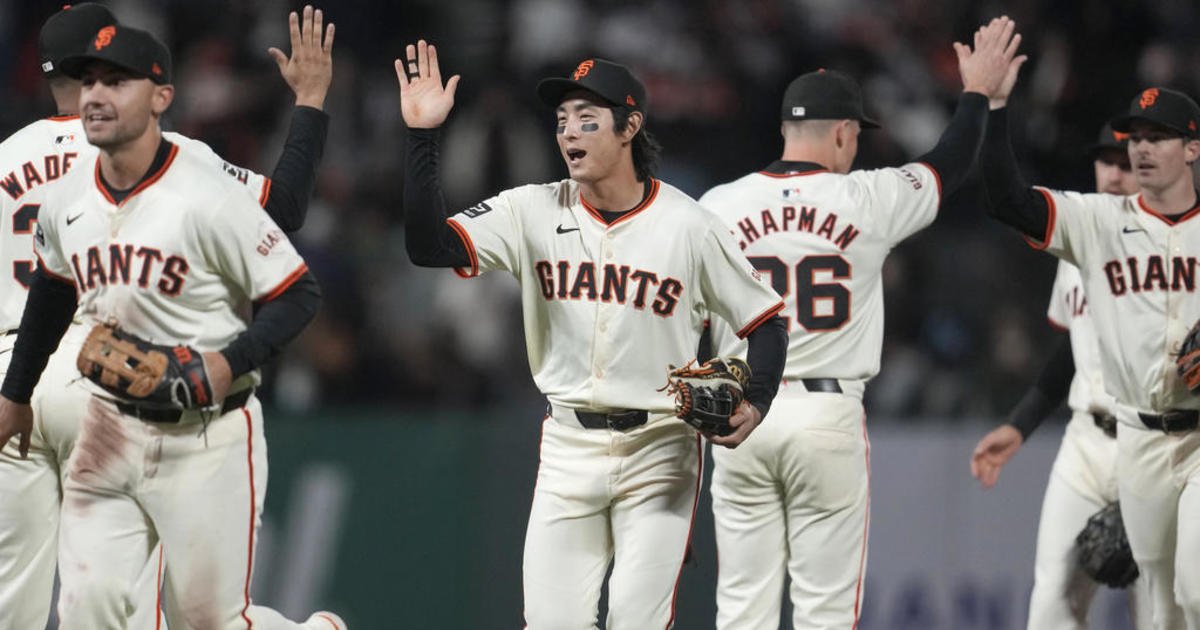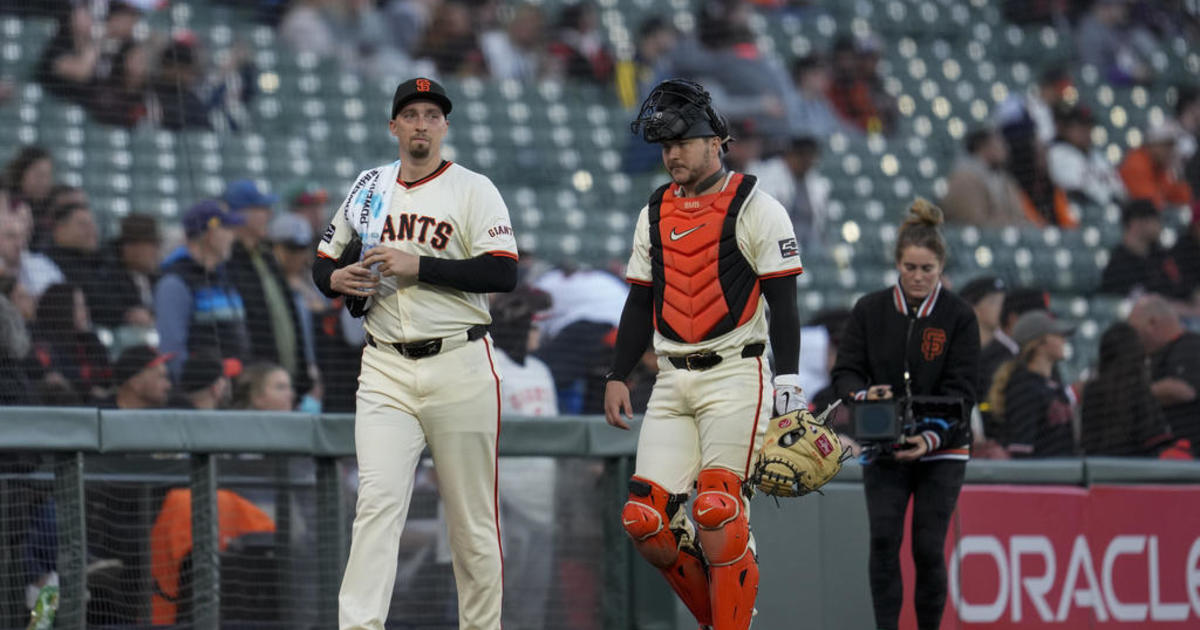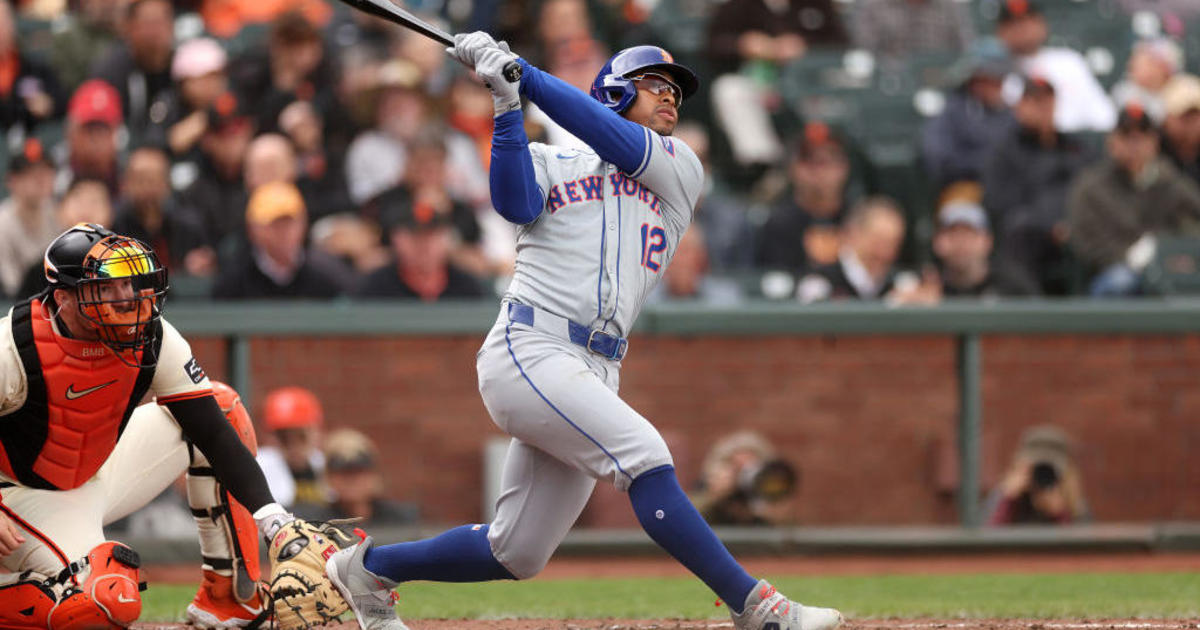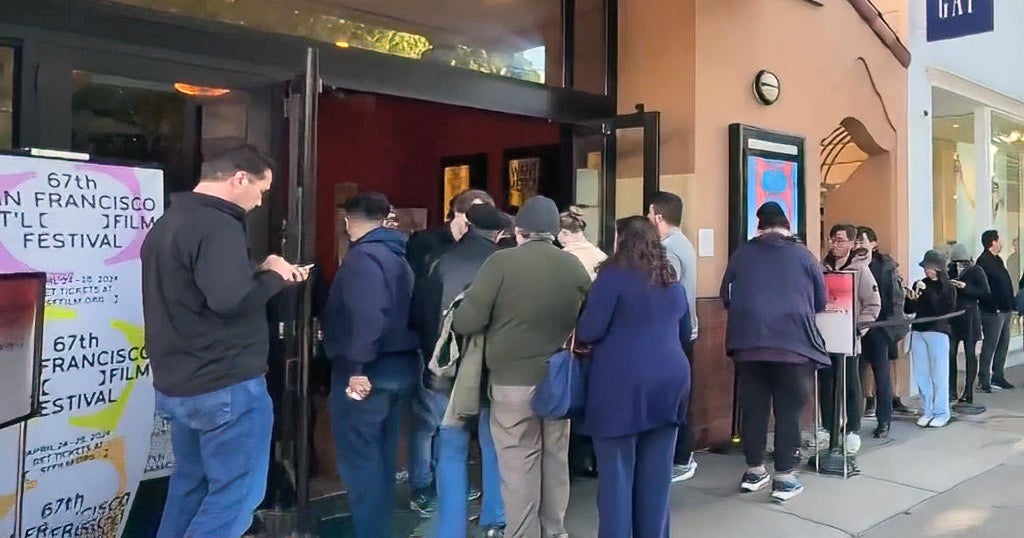ChatGPT in fight over where copyright claim suits will be handled: San Francisco or New York
A fight over which court should hear copyright class action lawsuits against the artificial intelligence company OpenAI has pitted San Francisco against New York.
Beginning in the middle of 2023, authors and other content creators began filing lawsuits against OpenAI — the developer and owner of ChatGPT — and other generative artificial intelligence platforms. The plaintiffs broadly claimed that the platforms had "trained" their models on works subject to the copyright ownership of authors, musicians and other creators.
The cases asserted a number of claims, but their primary contention was that by copying the plaintiffs' content and feeding it into the models that power generative AI, OpenAI and the other platform companies had violated U.S. copyright laws.
The first, or one of the first, of such cases was a class action filed in federal court in San Francisco on June 28, 2023. The case, captioned Tremblay v. Open AI, was filed by Joseph Saveri, an antitrust and intellectual property litigator based in San Francisco.
Saveri's clients grew to include 14 authors, including Michael Chabon ("Wonder Boys"), Ta-Nehisi Coates ("Between the World and Me"), and Junot Diaz ("The Brief Wonderous Life of Oscar Wao").
Saveri saw the case as having enormous importance.
In describing the case on his website, he said that the large language models created by OpenAI "are not just an infringement of authors' rights. … models such as this will eliminate 'author' as a viable career path. This case represents a larger fight for preserving ownership rights for all artists and other creators."
A large language model is AI software designed to output natural language text in response to user prompts.
Following the Tremblay filing, numerous similar cases were filed in San Francisco federal court, and, under the court rules, were deemed "related" to Tremblay because of overlapping issues and defendants. Those cases were given a single docket number under the caption "In Re OpenAI ChatGPT Litigation."
While the litigation in San Francisco was gearing up, another lawsuit based on similar theories was getting underway in the U.S. District Court for the Southern District of New York.
On Sept. 19, 2023, the Authors Guild — a trade organization representing writers — and a stable of individual fiction writers, including Jonathan Franzen ("The Corrections"), John Grisham ("The Firm") and Scott Turow ("Presumed Innocent") — filed their own class action against OpenAI. In December, the plaintiffs amended their complaint to name Microsoft Corporation as an additional defendant.
The Authors Guild suit, like Tremblay, was based on a copyright theory and used dramatic terms to describe the stakes; it began by describing OpenAI's use of the plaintiffs' works as "systematic theft on a mass scale."
After the Authors Guild case, more suits were filed in New York, including another class action against OpenAI, this one on behalf of non-fiction writers.
Then in December, the New York Times dropped a bombshell of a case, alleging that its entire library had been used to train ChatGPT. According to the Times, OpenAI and the other defendants' "large-language models ... were built by copying and using millions of The Times's copyrighted news articles, in-depth investigations, opinion pieces, reviews, how-to guides, and more."
The suit accused the defendants of free-riding on work that cost the Times hundreds of millions of dollars to create. It accused OpenAI of building a "a business model based on mass copyright infringement."
Following the Times case, more cases were filed in New York and under that court's rules for related cases, they were referred to the same judge who had the Authors Guild class action case.
The New York class actions did not go down well with Saveri. Invoking the so-called "First-to-File" rule that, subject to some exceptions, gives priority in federal litigation to the first filed case, on Feb. 12, 2024, Saveri's clients sought to intervene in the New York litigation in order to ask the New York judge to suspend or dismiss the New York cases in favor of the first filed San Francisco case.
Saveri called the New York cases "copycat" actions and accused OpenAI of "forum shopping."
Forum shopping is a term lawyers use to describe when a party chooses one of several possible places where a case might be heard, in order to get the case to the venue, court or judge perceived as most favorable.
Saveri alleged that OpenAI told the New York court that it would move to dismiss or transfer the New York cases to San Francisco under the first-to-file rule, but then did a complete about-face after the judge in San Francisco rejected OpenAI's scheduling proposal, and the New York plaintiffs agreed to support OpenAI's position.
According to Saveri, that "is precisely the forum shopping the first-to-file rule is designed and intended to prevent."
OpenAI wasn't impressed by the argument, shooting back that "There is nothing nefarious about a defendant working with its co-parties to maximize efficiency in an important and complex case or cases. Plaintiffs' suggestion that these developments constitute 'forum shopping' or 'gamesmanship' by OpenAI is absurd."
Even as his motion was pending in the New York cases, Saveri asked the judge in San Francisco to enjoin OpenAI and its counsel from proceeding in the New York cases.
The San Francisco judge made short shrift of Saveri's request, saying that if he enjoined OpenAI from participating in the New York cases, the plaintiffs would proceed against them and they would not be able to defend themselves.
He added that in most cases, the first-to-file rule works by the judge in the second case deciding to stand down its case in light of the earlier filed case. He said that is how it should work in this situation.
That ruling threw the issue back to the New York court, where it is currently pending. There is plenty of subtext to the fight over where the case is to be heard.
New York has long considered itself to be the center of the publishing industry. A 2022 New York economic impact study found the city was home to 94,300 total jobs in the publishing industry, representing $10.8 billion in total wages.
San Francisco and the Bay Area in general regard themselves as the center of technology development. That has been true for many waves of innovation and is proving true for the development of artificial intelligence products.
At the Asia-Pacific Economic Cooperation conference in November 2023, Mayor London Breed declared that "San Francisco is the AI Capital of the World," pointing out that 22% of AI job postings in the country are in San Francisco.
She added, "Since our city's founding, we have been a center of innovation where people come together to change the world. We are a city where people don't just dream about what's next. Here in San Francisco, we have people with the ingenuity and talent to do the work to make that dream a reality."
Ironically, the fight over venues has the parties taking positions that cut against some commonly accepted wisdom about case location.
Saveri is pushing for the San Francisco venue even though OpenAI is headquartered in the city and employs a lot of workers. Conventional wisdom says big employers want cases against them heard in their hometown. Moreover, early in the Tremblay case, the San Francisco judge dismissed several of the counts in the plaintiffs' complaint.
Meanwhile, the Authors Guild presses for a New York venue despite the fact that the Authors Guild was the lead plaintiff in a 2005 challenge to the Google Books Project where Google proposed to scan and make digital copies of tens of millions of books provided to it by libraries. That case, like the present case, involved an issue at the intersection of copyright ownership and emerging technology.
The Authors Guild claimed that the Book Project was copyright infringement. Google countered that it was covered by the so called "fair use" defense that allows copying of copyrighted material for purposes such as "criticism, comment, news reporting, teaching, scholarship, or research."
In a decision by the New York district court, the same court now hearing the AI cases, Google prevailed. The case was affirmed on appeal and the U.S. Supreme Court declined to review it, handing the Authors Guild a harsh defeat.
Regardless of which of the jurisdictions ends up being the center of gravity for copyright litigation against OpenAI, there will be plenty of other cases challenging generative AI to go around.
On Friday, Saveri filed a suit against Nvidia in the San Francisco federal court, based on the claim that its large language model was trained on copyrighted works authored by Saveri's clients.
Similar suits against Databricks, Meta and Bloomberg are all pending in the San Francisco federal court.



